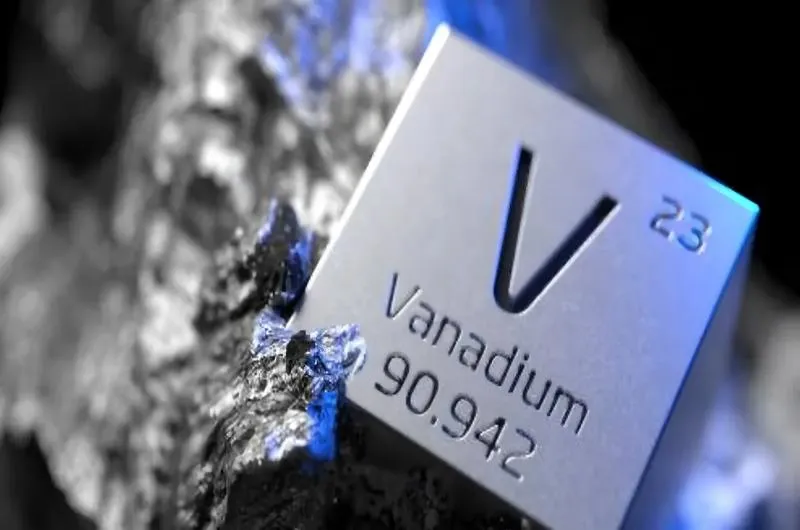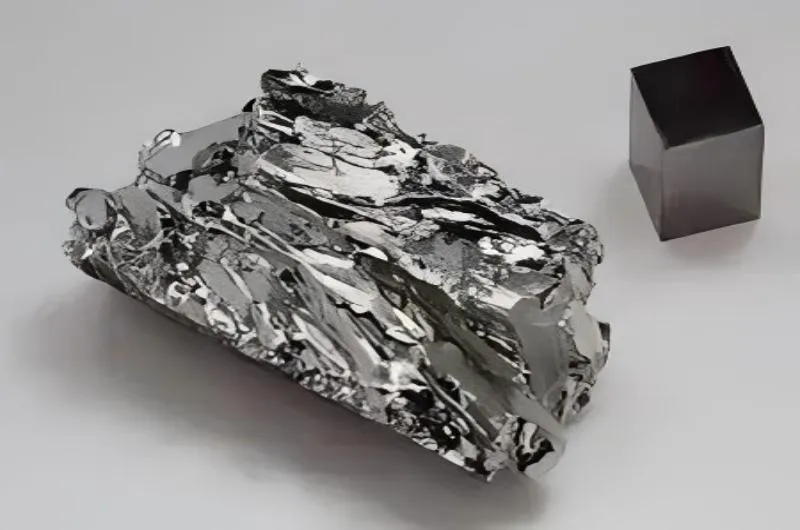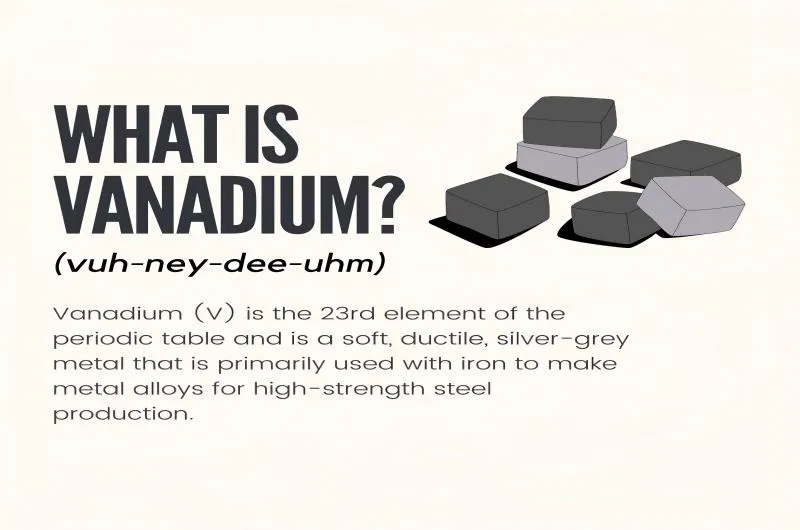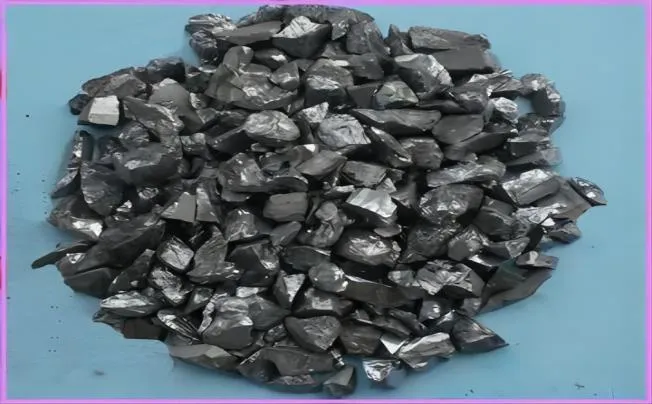BY  GENN
GENN
2024/10
Blog
Is Silicon Dioxide Good For Your Bones?
This naturally occurring compound, also known as silica, is composed of silicon and oxygen atoms arranged in a crystal lattice structure. While it might commonly evoke images of deserts or sandy beaches, silicon dioxide has far-reaching implications beyond its aesthetic appeal.
The Relationship Between Silicon Dioxide and Bones
Silicon’s Role in Bone Formation and Maintenance
Silica plays a vital role in bone formation and maintenance by strengthening the skeletal structure and maintaining optimal bone density. It acts as a facilitator for the absorption of essential minerals like calcium, phosphorus, and magnesium needed for proper bone development.
Promotion of Collagen Synthesis
Collagen, the most abundant protein in our bodies, forms a significant component of bones, providing them with strength and flexibility. Silicon dioxide actively promotes collagen synthesis by stimulating enzymes involved in its production.
Collagen fibers provide structural support to bones and enhance their resistance to fractures or injuries. Moreover, silica aids in cross-linking collagen molecules within the bone matrix, enhancing its stability.
Enhancement of Bone Mineral Density
Research suggests that silicon dioxide positively influences bone mineral density (BMD). It aids in the deposition of minerals like calcium and phosphorus into the growing bone tissue, thereby improving its strength and density. By enhancing BMD, silicon dioxide helps reduce the risk of fractures associated with aging or conditions such as osteoporosis.
Prevention of Osteoporosis
Osteoporosis poses a significant health concern globally due to its association with increased morbidity rates among older individuals. Silica has shown potential benefits in preventing osteoporosis by preserving bone mass and integrity.
Studies have demonstrated that higher dietary intake of silicon correlates with increased BMD at various skeletal sites such as the hip or spine—regions prone to osteoporotic fractures. Furthermore, silicon supplementation has shown promising results by improving markers related to bone metabolism while reducing markers associated with bone resorption.
Silicon dioxide plays an indispensable role in maintaining healthy bones through multiple mechanisms including promotion of collagen synthesis, enhancement of bone mineral density (BMD), and prevention of conditions like osteoporosis. As more research focuses on understanding this intriguing relationship between silicon dioxide and bones’ well-being, it becomes evident that incorporating silica-rich foods into our diet may offer long-term benefits for skeletal health maintenance throughout life stages.
Food Sources Rich in Silicon Dioxide for Optimal Bone Health
The Silicon-Rich Bounty of Nature
Silicon dioxide, a vital nutrient for bone health, can be found abundantly in various natural sources. Whole grains stand out as excellent reservoirs of this essential mineral.
Oats, barley, and brown rice are not only wholesome staples in a balanced diet but also pack a punch when it comes to silicon content. These grains provide a solid foundation for enhancing bone strength and density.
Fruits and Vegetables: Nature’s Silicon Storehouses
In the realm of fruits and vegetables, there is a vibrant array of options that can boost your silicon dioxide intake. Bananas, strawberries, green beans, and spinach are among the top contenders in this category. These delightful produce items not only add color to your plate but also contribute significantly to the maintenance of healthy bones through their silicon-rich composition.
Nuts and Seeds: Tiny Powerhouses of Silicon
Nuts and seeds emerge as miniature marvels packed with silicon dioxide goodness. Almonds, walnuts, flaxseeds, and sunflower seeds offer a crunchy delight while delivering essential nutrients for optimal bone health. By incorporating these nuts and seeds into your diet regimen, you can elevate your silicon intake and fortify your bones against potential weaknesses.
Navigating Safety Concerns in Dietary Intake
When it comes to consuming silicon dioxide for bone health benefits, understanding the recommended daily intake levels is crucial. Striking a balance is key as excessive consumption may lead to potential adverse effects on overall health. It is advised to consult with healthcare professionals or nutritionists to ensure that your dietary intake aligns with established guidelines for safe consumption levels.
Scientific Studies on Silicon Dioxide and Bone Health
Over the years, numerous scientific studies have been conducted to explore the connection between silicon dioxide and bone health. These investigations have provided valuable insights into the potential benefits of silicon supplementation on bone density and strength. The findings from these studies highlight the importance of silicon in promoting optimal skeletal health.
Animal studies demonstrating positive effects on bone health
Animal studies have shown promising results regarding the positive impact of silicon dioxide on bone health. In a study conducted on rats by researchers at a renowned institute, it was observed that silicon supplementation led to an increase in bone mineral density (BMD). The rats that received higher levels of dietary silicon exhibited significant improvements in BMD compared to those with lower silicon intake.
This indicated that silicon plays a crucial role in enhancing bone structure and integrity. Furthermore, another animal study explored the effects of long-term administration of silicon-rich compounds on fracture healing in dogs.
The results revealed that dogs treated with supplemental forms of silicon experienced accelerated healing rates, as well as increased biomechanical strength at the fracture site compared to control groups. These outcomes suggest that dietary sources rich in silicon dioxide could potentially aid in fracture prevention and enhance the healing process.
Human studies exploring the benefits of silicon supplementation
In addition to animal studies, human trials examining the benefits of silicon supplementation on bone health have also yielded encouraging results. A double-blind, placebo-controlled study involving postmenopausal women investigated the impact of oral silica supplements on bone mineral density (BMD).
After six months of supplementation, participants who received silica demonstrated a significant increase in BMD compared to those who received placebo. This suggests that silica intake can be beneficial for improving bone density among postmenopausal women susceptible to osteoporosis.
Moreover, research has explored how adequate dietary intake or supplementation with silica affects other aspects related to bone health beyond BMD. A separate clinical trial examined whether silica supplements could reduce fracture risk by enhancing overall bone strength.
The study involved older adults with osteopenia—a condition characterized by low BMD but not meeting osteoporosis criteria—and found that participants who received silica showed reduced fracture incidence compared to those who did not receive any treatment. These scientific investigations consistently indicate a positive association between increased levels of dietary or supplemental silica intake and improved measures related to bone health in both animals and humans.










